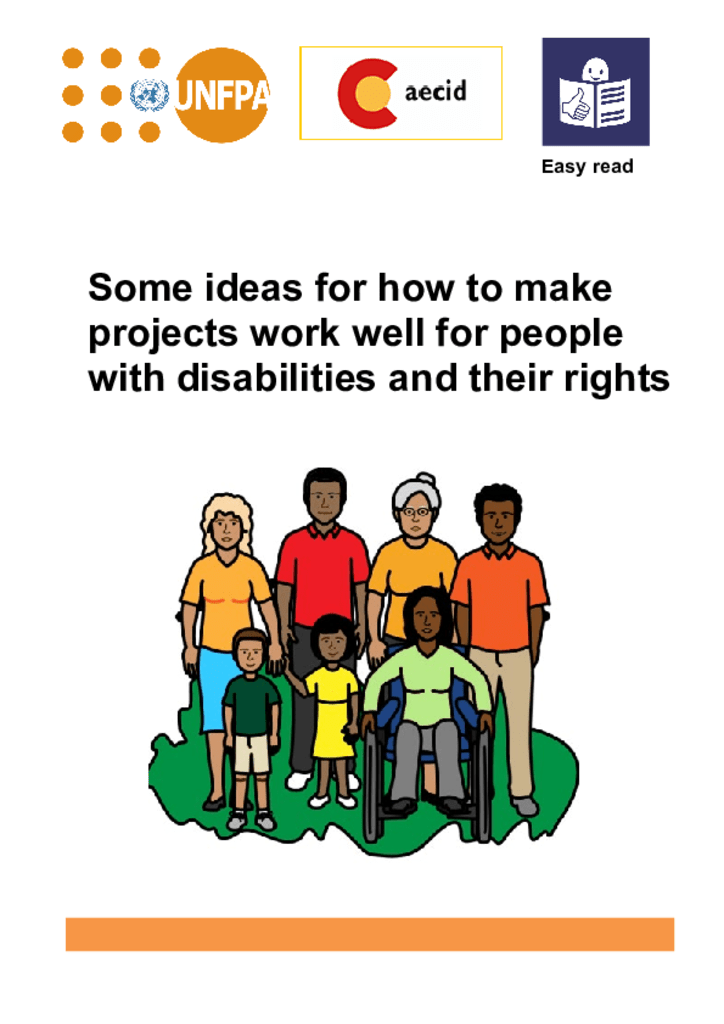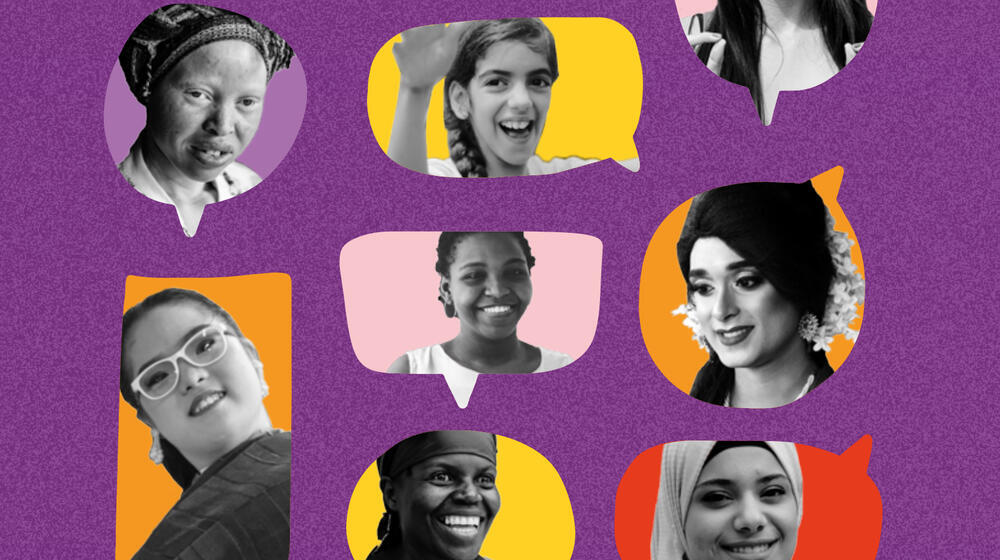A June survey from online publication Disability Horizons and disability rights organization Leonard Cheshire reported that 14 per cent of people with disabilities experienced online hate crime. And along with disability rights organization United Response, Leonard Cheshire also said online abuse of people with disabilities in England and Wales spiked 52 per cent under lockdown.
According to estimates, 180 - 200 million people aged between 10 - 24 worldwide live with a mental, intellectual, physical or sensory disability. Women with disabilities make up almost one-fifth of women globally. People with disabilities are up to three times more likely to suffer physical, sexual, and emotional violence but less likely to access prevention, response and support services.
Everyone has the right to live free of violence and discrimination; to bodily autonomy – the power and agency to make choices about their bodies, health and lives; and to access sexual and reproductive health information and services.
Yet these rights for persons with disabilities, who already face isolation, stigma and prejudice, can be violated or denied. Without access to comprehensive sexuality education, for example, women and girls with disabilities are more vulnerable to sexual abuse. Without access to support services, they lose confidence and self-respect.
This International Day of Persons With Disabilities and every day, UNFPA works toward a more inclusive world, one in which everyone has access to sexual and reproductive health and rights and knows they are entitled to live violence-free in all spaces. Online abuse is a violation of human rights and bodily autonomy; we must safeguard both for the targeted marginalized among us.
In the spirit of leaving no one behind, this year, UNFPA launches a brand new disability inclusion strategy. The strategy puts persons with disabilities at the very centre of everything UNFPA does in order to accelerate the kind of organizational change that welcomes diversity and ensures equality.




